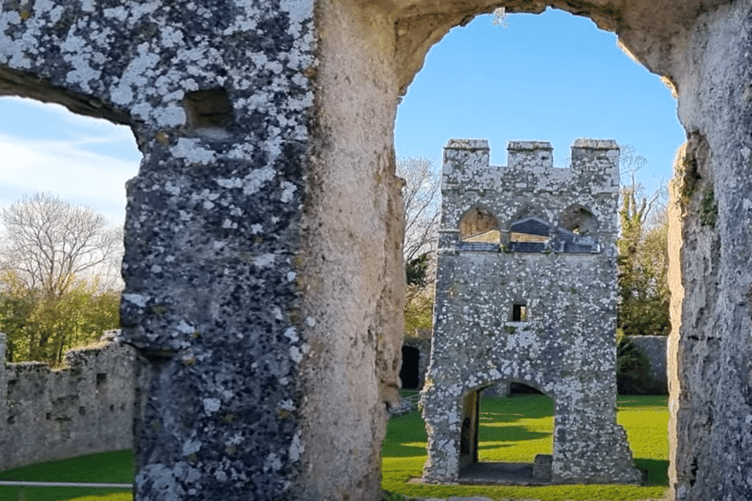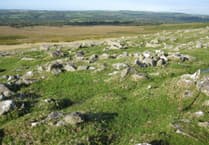Wales’ ancient monuments, castles and listed buildings are increasingly at risk from a range of unlawful activities collectively known as heritage crime.
It is a criminal offence to damage or destroy a scheduled monument or use metal detectors on protected sites without consent. These crimes not only damage irreplaceable heritage but also affect local communities, tourism and the economy.
Culture Minister, Jack Sargeant, said: “Heritage crime is more than vandalism — it’s a loss of our history. But reporting it can help protect Wales’s past for future generations so I would urge the public to be watchful.”
Since the beginning of the year, Cadw custodians at several sites have had to report incidents of criminal damage to the police which have, in some cases, resulted in sites being partially closed to the public and additional expense and planned conservation work being postponed to prioritise repairs.
Heritage crime refers to any illegal activity that harms our historic assets. This includes:
- Theft (e.g. of historic metal such as lead from church roofs)
- Deliberate damage (e.g. graffiti or vandalism)
- Unauthorised works on scheduled monuments
- Illegal metal detecting (also known as "nighthawking")
- Anti-social behaviour (e.g. littering, out of hours access or climbing on walls)
If you witness or suspect a heritage crime:
- In an emergency: Call 999 and use the phrase ‘Operation Heritage Cymru’
- Non-emergency: Call 101 and use the phrase ‘Operation Heritage Cymru’
- Contact Crimestoppers at 0800 555 111 or visit www.crimestoppers-uk.org
You can also:





Comments
This article has no comments yet. Be the first to leave a comment.